‘Covid-19 exposed that hundreds of millions of people were without access to essential medicines’ -Jayasree K. Iyer
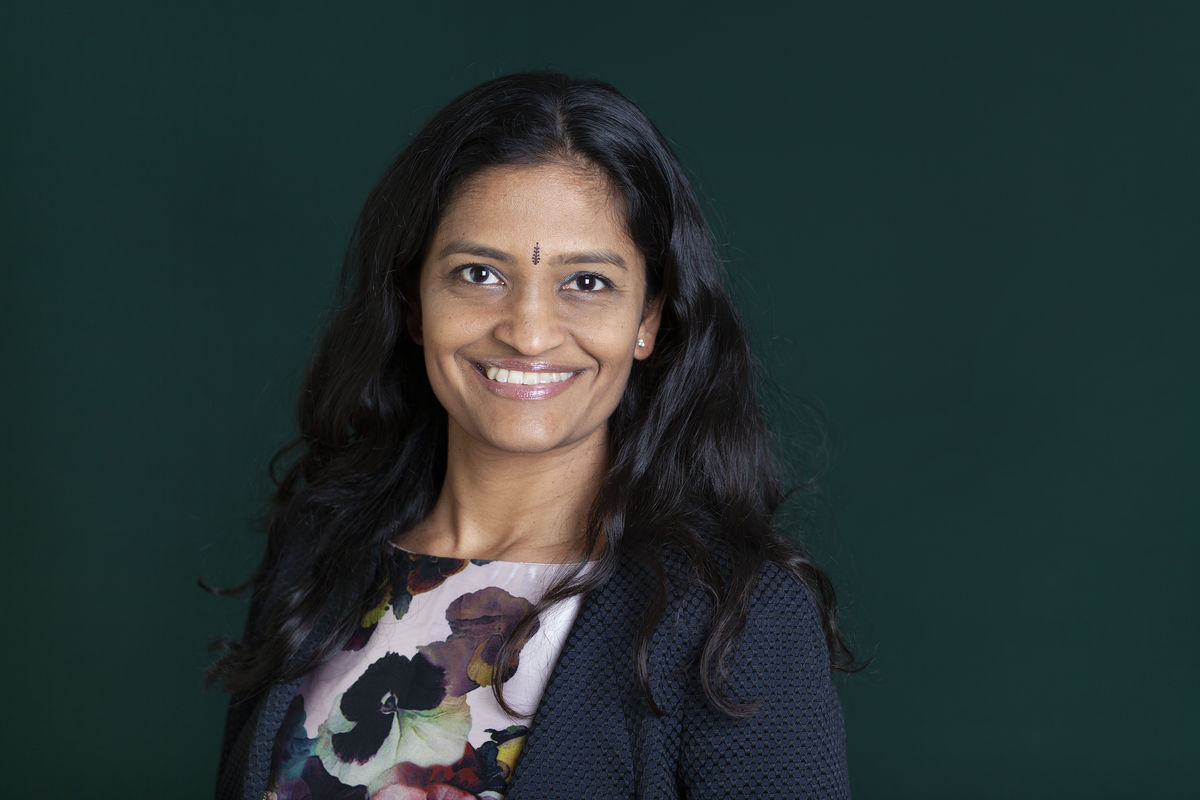
CEO of Access to Medicine Foundation (AMF), Jayasree K. Iyer, sets the Foundation’s strategy for assessing the efforts of healthcare companies to ensure their products reach more people around the world. In her discussions with global industry leaders, she engages them on the practical, effective steps they can take to develop, scale up and supply essential health products to the people living in low- and middle-income countries (LMICs) who account for approximately 80% of the global population. An infectious disease scientist by training and holds various postgraduate degrees (Masters and PhD), from the Johns Hopkins School of Hygiene and Public Health and Nanyang Technological University in Singapore. She is based in the Netherlands, where she lives with her husband and two young sons. She spoke to SOUTH ASIA TIME on issues related to health inequity and challenges to ensure that millions of people around the world have access to medicines. Follows excerpts of the interview:
How serious is the situation of access to life-saving medicines in the Global South?
Despite recent advances in global health, access to life-saving medicines remains unaffordable to many people living in low- and middle-income countries (LMICs). 5.7 million people die annually from treatable infections due to a lack of access to medicines. The Access to Medicine Foundation seeks to motivate and mobilise companies to expand access to their essential healthcare products in LMICs.
Population growth and urbanisation are among the critical issues that impact inequities in access. They have led to increased demand for medicines, supply shortages, and antimicrobial resistance. In 2019 alone, 1.27 million people died of drug-resistant infections, with most of them in LMICs.
The World Health Organization (WHO) has commented on the disparities.
Reports say healthcare inequity has increased in the aftermath of COVID-19. What should be done to address such a situation?
During the height of the COVID-19 pandemic, innovative medicines, vaccines, and diagnostics were developed, manufactured, and distributed at an unprecedented speed. The pandemic spurred new types of collaboration, never seen at the same scale and magnitude. However, the pandemic also exposed and exacerbated stark inequities that predate the pandemic and that still leave hundreds of millions of people without necessary access to essential medicines.
Addressing inequities in access requires action on multiple fronts, including:
- Embracing innovations in information-sharing to improve supply chain alignment to reach more people.
- The identification and resolution of supply chain challenges, building on pilots, and developing new ideas.
- Ensuring new products quickly reach people in LMICs by involving generic medicine manufacturers early in the development process.
- Investing in a larger network of partners that can quickly ramp up local manufacturing capacity.
The Access to Medicine Foundation has been championing the cause of affordable generic drugs to people in poorer countries of the world. What has been your track record so far?
The Access to Medicine Foundation has had an important impact in shifting the healthcare ecosystem towards greater health equity, through stimulating essential healthcare companies with significant opportunities to shape access to medicines based on market capitalisation. One example of our impact relating to improved access to generic medicines includes increased access planning in the years since the Access to Medicine Index was launched. These plans may include non-exclusive voluntary licenses with generic manufacturers and other measures to ensure supply can meet global demand.
You basically work with big pharma companies. But how do you see the role of national governments and UN agencies, especially WHO, to ensure that people have access to life saving drugs as and when they need?
The Access to Medicine Foundation engages healthcare companies to independently analyse and assess their actions in relation to access – we do not receive funding from pharmaceutical companies or any other health industry bodies we evaluate. We also engage with other stakeholders such as multilateral organisations to understand how they view the healthcare companies’ role in improving access to medicine for people living in LMICs.
Governments, multilateral agencies, and policymakers occupy a critical role in achieving global health equity. Their decisions on how to address gaps in access to medicine and allocate resources have far-reaching impacts. Through policy, global health officials can also drive essential healthcare companies to improve access to their products worldwide. For instance, through our Access to Medicine Index and Antimicrobial Resistance Benchmark, we offer a precise vision on what essential healthcare companies are currently doing to improve access to medicine worldwide, as well as opportunities for improvement. However, to catalyse the impact of essential healthcare companies successfully addressing the issues of access, shifts in incentives, and policy environment around the companies can accelerate the progress companies can make.
In the aftermath of the Russian invasion on Ukraine, the Overseas Development Assistance (ODA) for developing countries is declining. What would you like to say to these governments?
The COVID-19 pandemic highlighted the importance of access as a key priority and this needs to continue to receive attention long after the pandemic is over. Maintaining global health budgets, particularly for health security, is needed. Despite competing priorities, it is important to feature this to avoid the risk of facing another global pandemic where the global health ecosystem remains unprepared.
Climate change is said to be exacerbating health challenges worldwide but people in the poorer countries are suffering a lot. What would you say to the Big Pharma and national governments to deal with the emerging threat?
The impact of climate change on health and health systems is undeniable, and the pharmaceutical industry’s actions have contributed to the climate crisis. Although the industry may not receive as much attention as other sectors, it is accountable for 4.4% of worldwide emissions, and its carbon dioxide footprint is projected to triple by 2050 if unaddressed. In 2019, for every $1m it generated, the pharmaceutical industry emitted 48.55 tonnes of CO2 equivalent, which is 55% more than the automotive industry’s 31.4 tonnes per $1m generated in the same year.
There are six important ways pharmaceutical companies can address climate effects on health:
- Invest in research and development to fight emerging infectious diseases that spread quicker and further in a warming world.
- Invest in research and development to ensure improved use of medicines, including heat-stable products for hot countries and innovations that simplify packaging and transportation.
- Expand access to healthcare products globally, so people most impacted by health and climate receive equitable access.
- Reduce greenhouse gas emissions from manufacturing, operations, and facilities.
- Ensure suppliers, distributors, and contract manufacturers meet high sustainability standards, including in reducing emissions and waste.
- Innovate on renewable energy in worldwide operations and transportation, using electric sources wherever possible.
What do you think needs to be done to create a health ecosystem so that nobody will have to die due to lack of access to medicines?
There isn’t one single solution for solving inequities in access to medicine globally. Action is required from different stakeholders, including the companies whose actions we analyse and assess in terms of providing access to LMICs. Our research outputs such as the biennially published Access to Medicine Index and recently published Analytical Framework from the Generic & Biosimilar Medicines Programme assist in identifying opportunities for impact from pharmaceutical companies and generic and biosimilar medicine manufacturers. A more equitable global health ecosystem does not need to represent wishful thinking: it is within our hands to make it a reality.






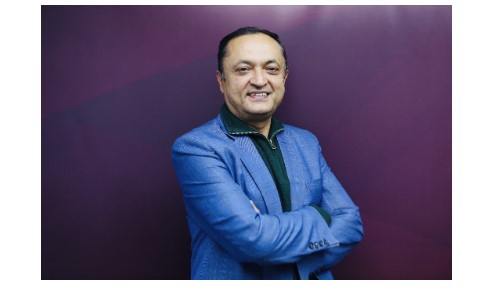
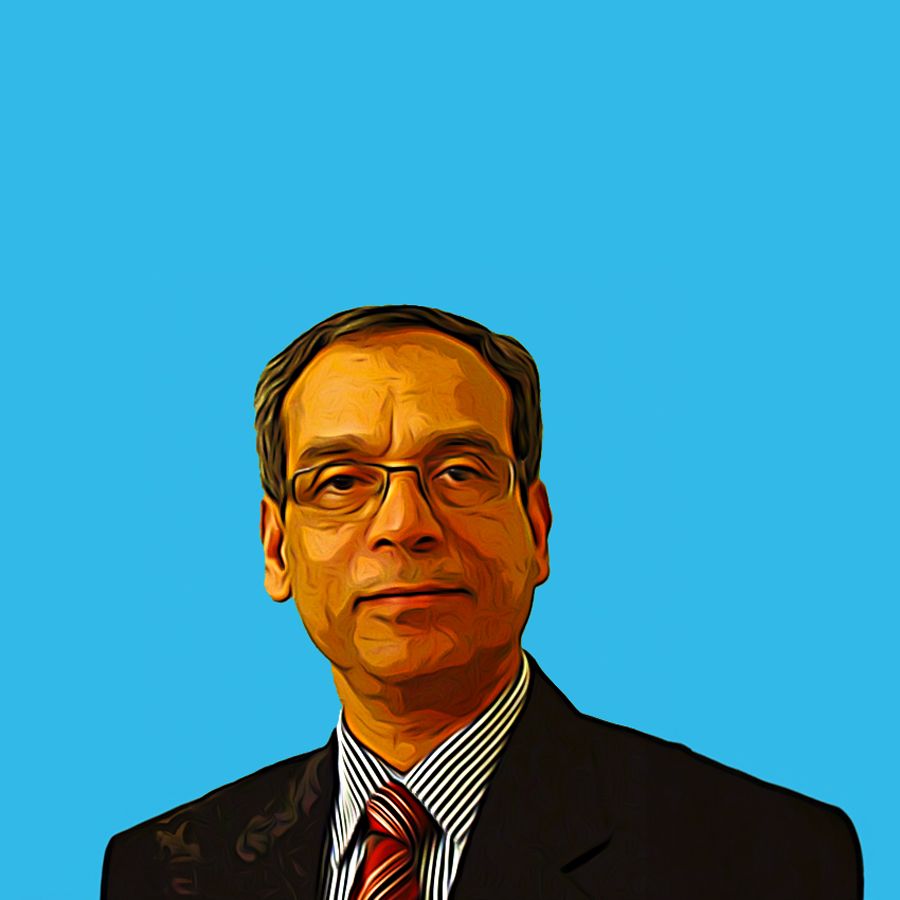
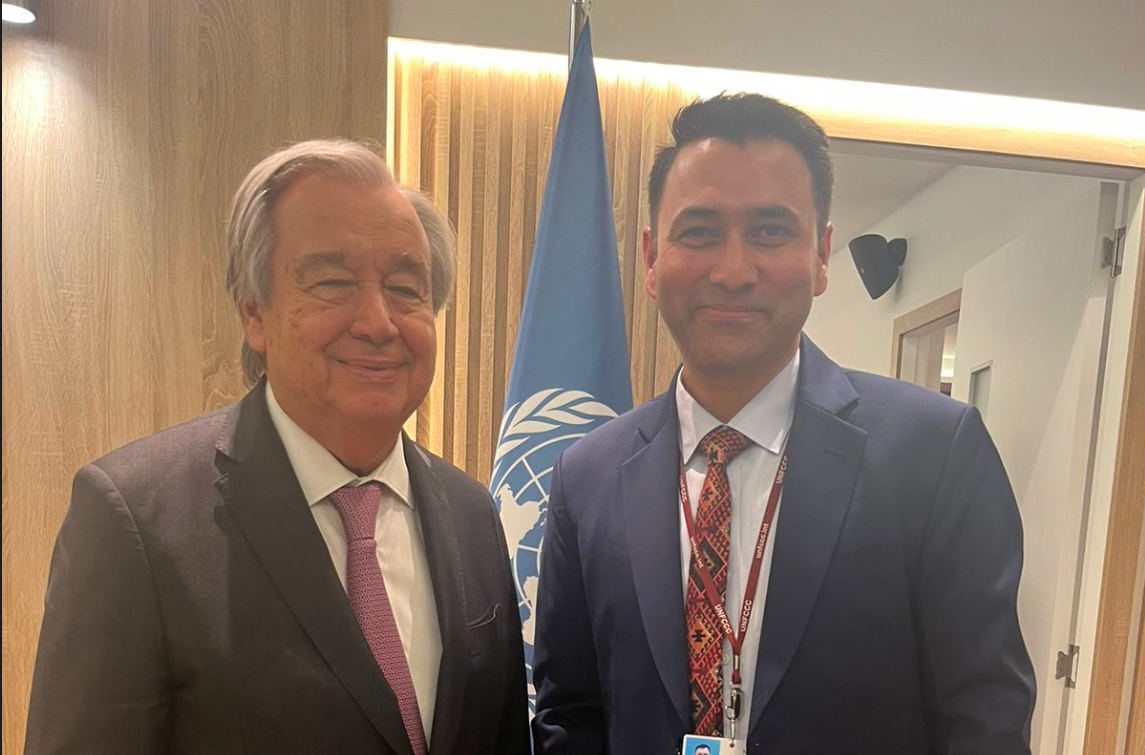

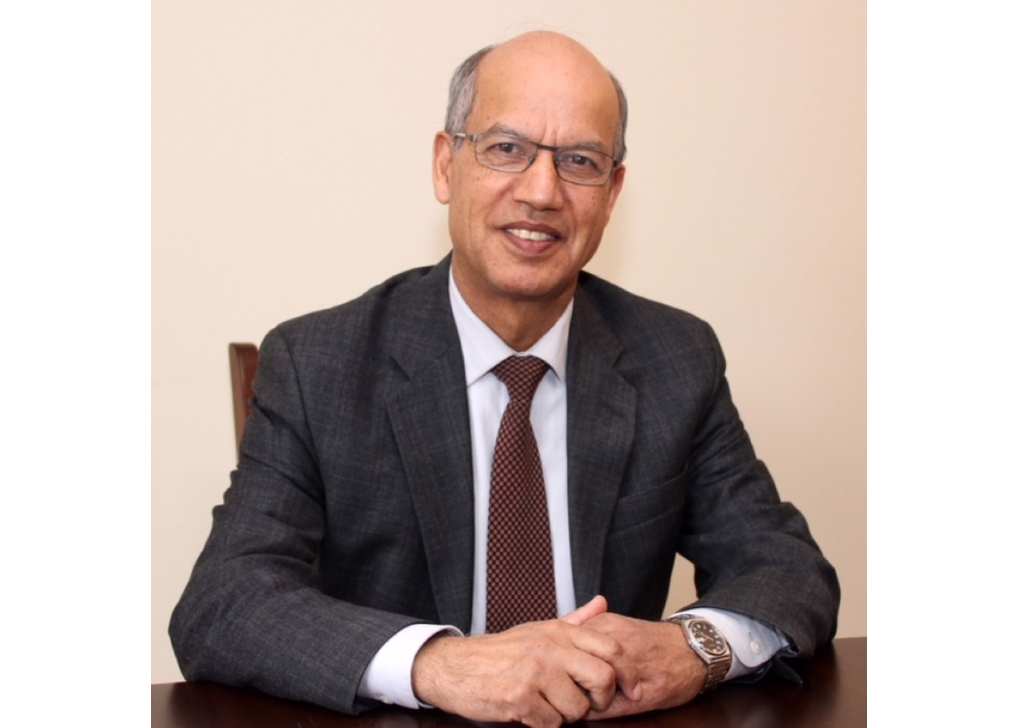
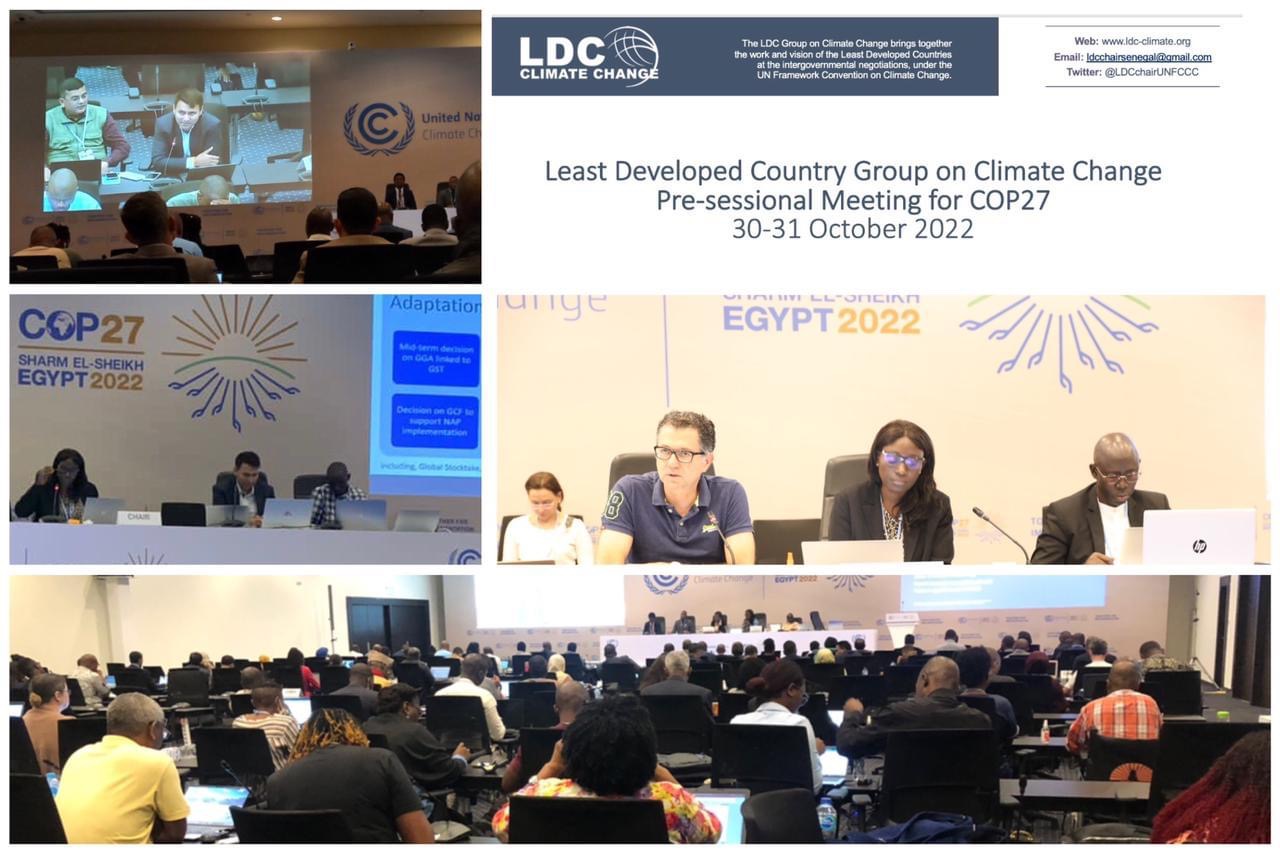







Facebook Comments